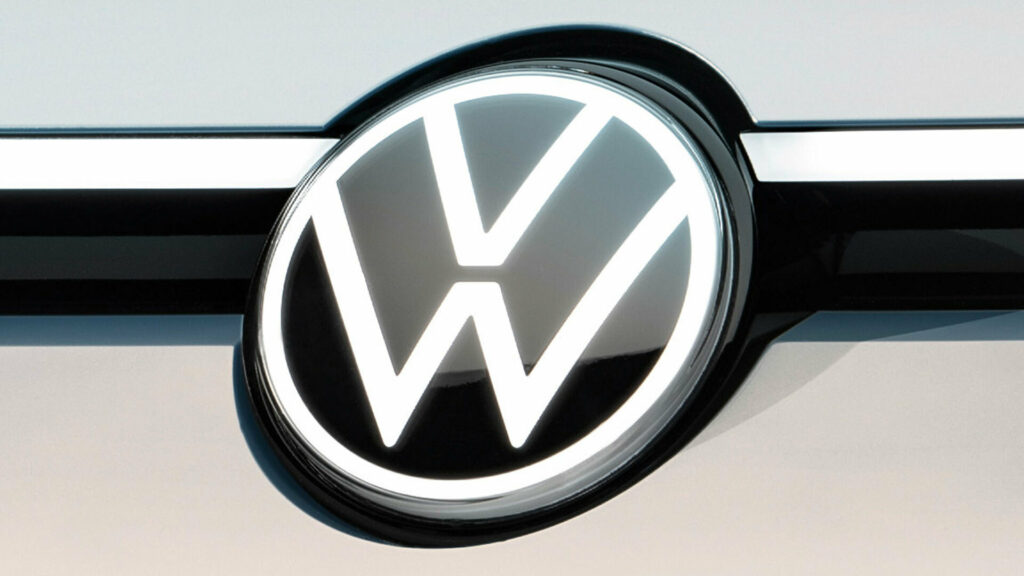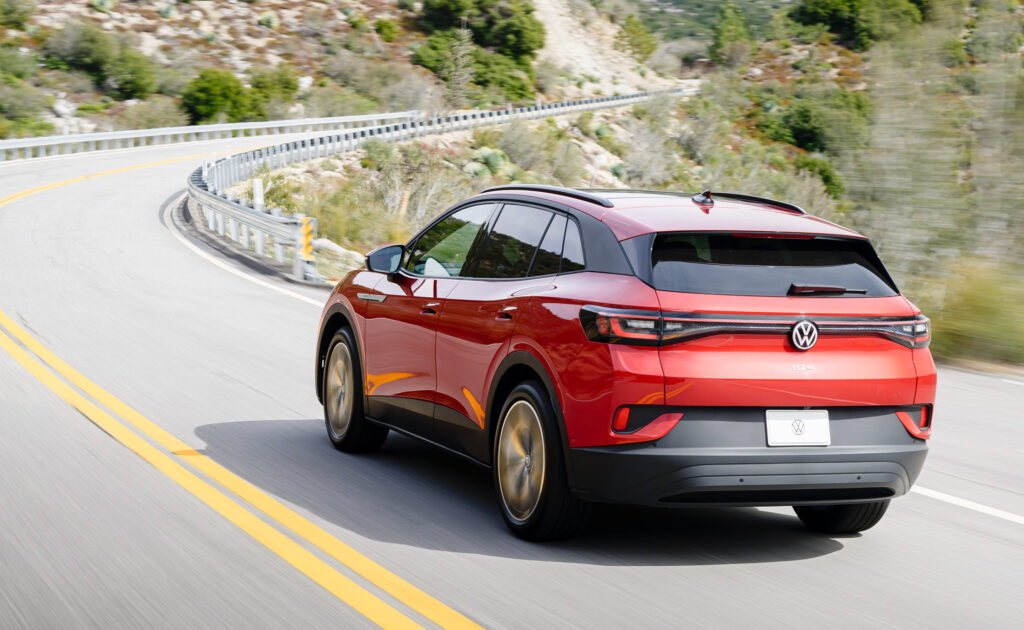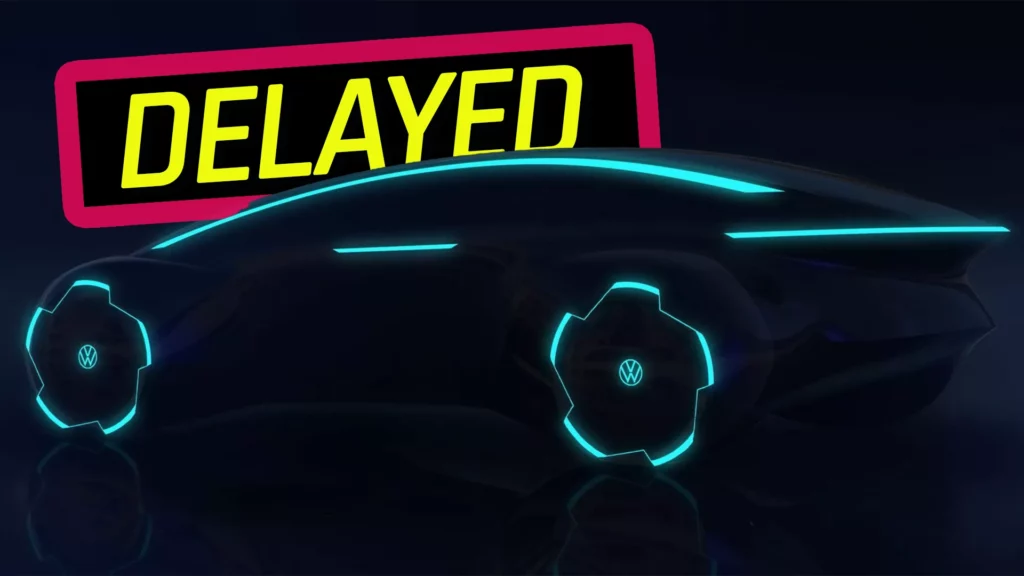- The flagship was going to debut VW’s advanced new Scalable Systems Platform.
- An all-electric Golf will launch in 2029 as the first model underpinned by the SSP.
- Project Trinity was approved while VW was led by Herbert Diess.
The long-awaited flagship Trinity EV from the VW Group may be delayed until as late as 2032, six long years after it was initially supposed to launch.
It’s understood that VW Group chief executive Oliver Blume has played a role in pushing back the project as he shuffles product launch investments to better benefit the car manufacturer. Under Blume’s leadership, VW’s MEB platform, which is used for its ID models, and the more advanced PPE architecture employed by Porsche and Audi, will be utilized for a longer period.
Read: VW Cancels Trinity Factory, Moves Tesla Fighter To Zwickau, Confirms 2026 Sub-€20k EV
VW’s Trinity EV was given the go-ahead by former VW Group chief executive Herbert Diess. It will serve as a hugely important EV for the brand with an advanced electric powertrain and Level 4 self-driving technologies. When Blume took over the top job, he pushed the car’s launch back two to three years and decided it should not be built at a new factory near VW’s headquarters in Wolfsburg, Germany. Instead, the Trinity will be assembled at VW’s EV factory in Zwickau.
While the launch of this compelling new model has been pushed back significantly, plenty of new EVs are on the horizon for the brand. For example, an upgraded MEB+ version of the existing platform will launch in 2026. Additionally, the PPE architecture will benefit from a significant software upgrade thanks to the marque’s new deal with Rivian.

Trinity will no longer be the first VW Group model using the Scalable Systems Platform (SSP). Instead, an all-electric Golf will be the first VW model to use these new underpinnings, and its launch has been brought forward to 2029, or perhaps even sooner, a Handelsblatt report suggests. At the end of 2028, an electric A4 will be introduced, and it will also use the SSP.
At least two other EVs using this architecture are in the works. The successor to the ID.4 will be based on the SSP and land in 2030, while an all-new model, known as the T-Sport crossover, may launch in 2031.




